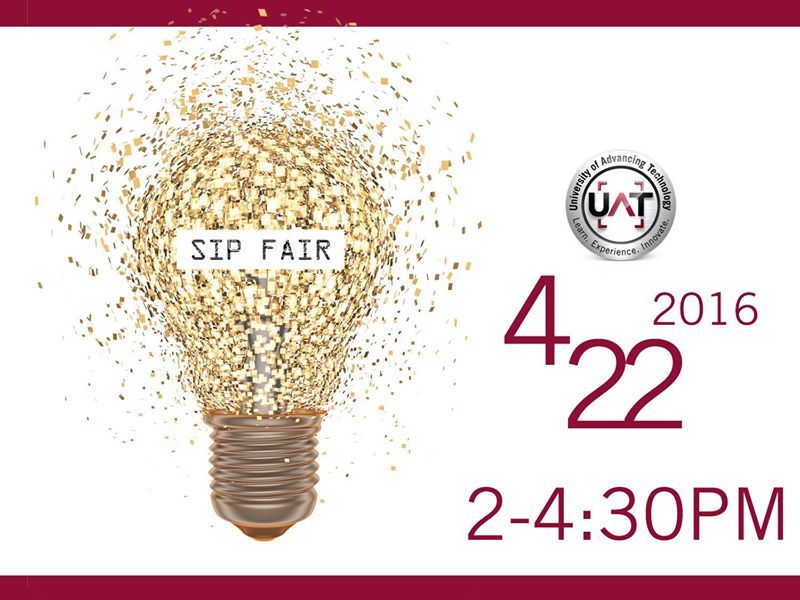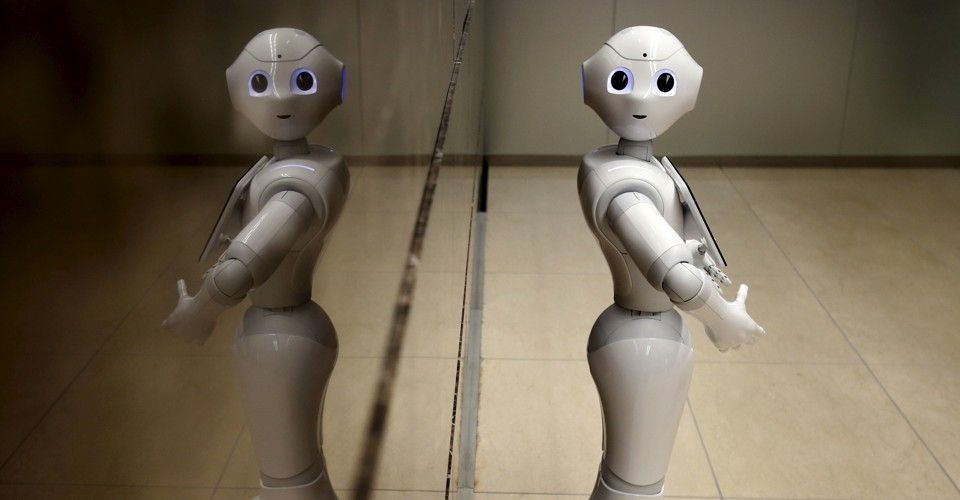Apr 19, 2016
Student Innovation Project Fair (SIP Fair)
Posted by Lily Graca in categories: education, innovation
The Student Innovation Project, or SIP, gives students a chance to develop an innovative idea and put their creativity to work.
As soon as their sophomore year, students are asked to begin brainstorming for their SIP, and also have two classes that help students prepare for their project. Students take PRO211, taught by Professor Vita-Moore, and PRO 483, taught by Professor Belanger.
During senior year, students use most of the time to work on the SIP, constructing a working model that will later be judged at the SIP Fair by UAT Faculty and local industry leaders for feedback.
Continue reading “Student Innovation Project Fair (SIP Fair)” »

















